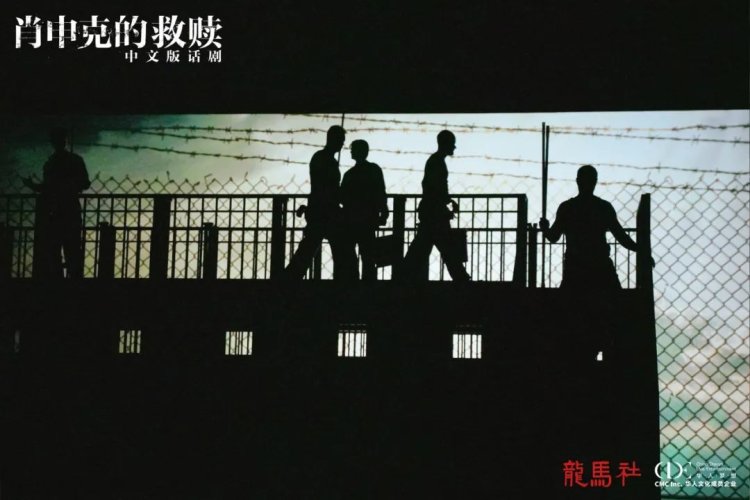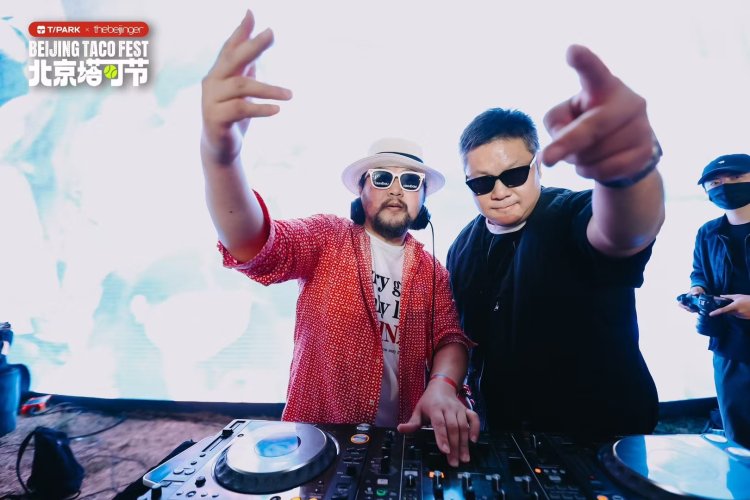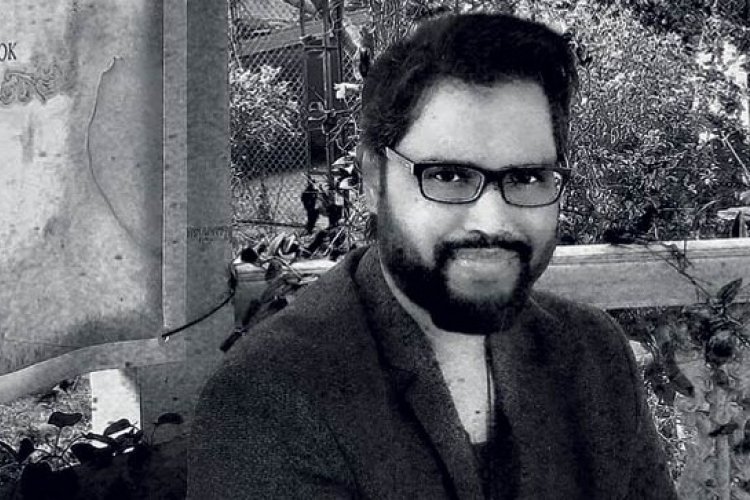'Facehook' explores the creepy underbelly of online social networking
Did you know Facebook, among other online social networking sites like Renren Wang and Kaixin Wang, reserves the right to legally possess all your information, even the stuff you delete? That virtual you you've created in the nebulous ether of cyberspace, thinking it exists in a protected vacuum -- it fattens up on each keystroke you log, every file you upload, and as avatar for the real you, it attracts all too much real attention, from advertisers, potential employers and who knows whom.
The play Facehook/人人网开心 (Renren Wang Kaixin), directed by Oda Fiskum and Fabrizio Massini, explores the implications of this reality. It scrutinizes the lives of social networkers to reveal a disturbing world of deception and deviousness for which no emoticon can convey. You can see the play this Saturday and Sunday (June 12-13) at 3:30 pm at Penghao Theater (35 Dongmianhua Hutong).
Fiskum and Massini, fresh out of university at the London School of Oriental and African Studies, may seem like unlikely candidates to criticize social media -- curmudgeons they are not -- but both are keenly aware of the issues that have made networking sites like Facebook a lodestone for controversy. You may remember that privacy breaches (among other issues) prompted Facebook users (among others) to initiate a "Quit Facebook Day" movement just last month.
We recently spoke with the two directors -- visiting scholars at the Central Academy of Drama and founders of Elephant in the Room Theater -- about the upcoming debut of their play.
Tell us about Facehook.
Oda: It's a compiled script of my original writing and of translated excerpts from a theatrical poem called File Zero, by Yu Jian. He used to be related to the Chinese experimental theater scene in the late-80s up to the mid-90s.
File Zero is about government surveillance and the surveillance culture in general in the post-Cultural Revolution era -- neighbors watching and reporting neighbors, the government having a file on everyone... social control, basically. We started looking at that in London -- it was part of our course -- and Fabrizio comes up to me and says, Wouldn't it be amazing to put this on stage now?
The feeling (File Zero elicits) is like being in a cage, and I started thinking about what the contemporary cage is, and Facebook just snapped into my mind immediately.
FM: One thing that comes to mind in the West, thinking about China and social control, is this stereotyped imagery of people being controlled and spied on. So we tried to think of a parallel. It's like, 'Are we sure that we in the West are so completely free to think, talk and act totally outside any control? Or is there some sort of hidden mechanism that in a way is controlling us without us being aware of it?'
Oda: There were some parallels we found that were almost funny. There's a part from the original File Zero script called "Thought Report," which is kind of a nightmare scenario that they're even watching our thoughts. If you look at the status updates that people have written on Facebook, Renren Wang, Kaixin Wang, it's basically what are you doing right now, what are you thinking right now? People keep feeding the system this kind of information, so you're basically creating your own file and you're doing it through this "cage" of our generation: enormous self-branding and self-promotion.
Self-branding and self-promotion seem to be the opposite of the sort of Orwellian surveillance that File Zero may be alluding to.
FM: In a way we're trying to figure out what is the mechanism that starts this whole thing. Why would you want to tell, potentially everyone, your most private things? You post pictures, lot of times potentially embarrassing or compromising pictures, you talk to people, you write stuff that who knows will read. What's underneath it? Why do you feel the need to share your most private part? (There is a) sort of craving to advertise yourself -- if you're not online, if you don't self-brand, you basically do not exist. This is just one aspect. You might feel lonely or insignificant. You must appear everywhere.
Oda: It's almost people treat their Facebook as a separate personality. You have your work self and your family self and your when-you-go-to-football-practice self, and now there's also this Facbook self.
What does your play want to say about social media in the end?
Oda: There are several aspects, but one of the most important ones is it's a new social paradigm and it's changing the way we think and it's changing the way we interact, and it's also changing the way we see ourselves and of our position in terms of personal information. It's more than just a toy. It's a massive change that's happening right now.
FM: We tried focusing on the dark side as well. You know the potential, but be aware it's something that has a lot of hidden layers -- you should try to be as aware as possible of its implications.
Facehook/人人网开心 is on Saturday and Sunday (June 12-13) at Penghao Theater (35 Dongmianhua Hutong) at 3:30 pm on both days. Tickets are RMB 50 RMB (RMB 30 for students).






